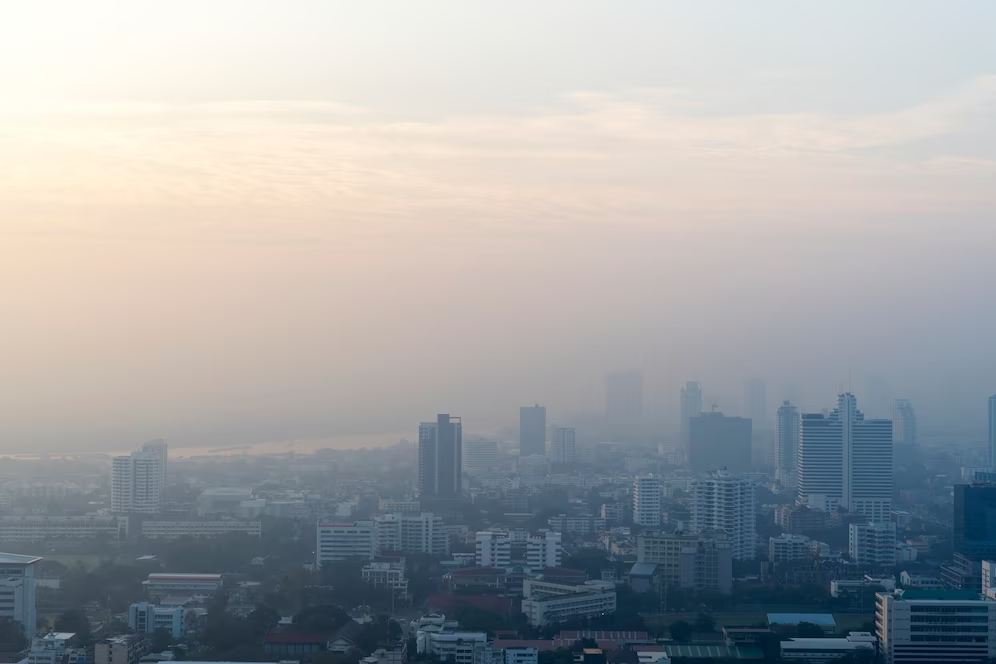The Air Quality Index is used to measure the increasing pollution around the world. Many cities including India's national capital Delhi are suffering from pollution, although there is some relief in the rainy season, during the rest of the days the number of vehicles increases this problem. If the air quality index is less than 100, you can take a sigh of relief, but when it goes beyond 200, let us know what effect it will have on your health.

What is the parameter of air quality?
When the Air Quality Index is less than 50 then it is considered 'good'. When AQI ranges from 51 to 100, it is considered 'satisfactory', 101 to 200 is moderate, 301 to 400 is considered 'very bad', and 401 to 500 is considered severe. goes.
What does AQI beyond 200 mean?
Reaching an AQI near 200 means that the level of viruses, chemicals, and particles in the atmosphere has become dangerous, which can have a direct impact on our breathing, heart health, and mental health. In such circumstances, people are advised to stay safe from outside air. Problems of children, old people, and sick people may increase.
1. Trouble breathing
When the air quality index goes beyond 200, breathing is difficult. You may also be at risk of respiratory diseases like asthma and bronchitis.
2. Heart diseases
With higher levels of pollution, heart-related diseases increase, and for people who are already suffering from diseases like heart attack, the problem increases further.

3. Mental Health
When AQI reaches nearly 200, people can face mental health problems, such as depression and stress, so it is important to keep our environment pollution-free.
(PC: Freepik)










